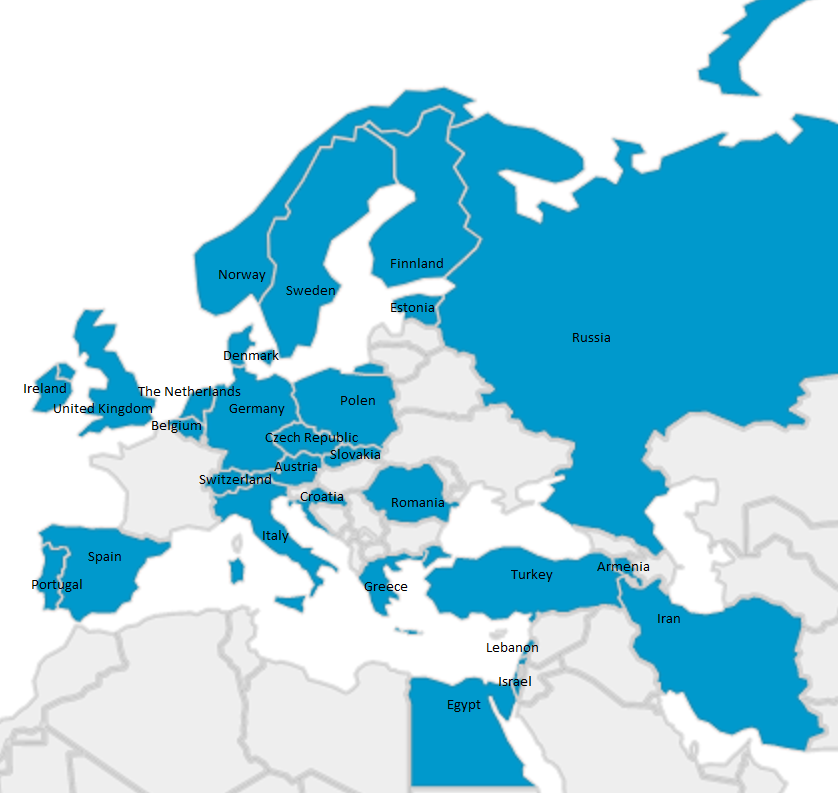The Severe Chronic Neutropenia International Registry (SCNIR) was established in 1994 to monitor the clinical course, treatment, and disease outcomes in patients with severe chronic neutropenia (SCN). The Registry has the largest collection of long-term data on patients with this condition in the world. Participation in the Registry benefits patients, their families, and the physicians, who treat them by providing the most up to date information to them on the natural history of SCN and its treatment options. In 2000, the registry became a foundation with headquarters at the University of Washington, Seattle, USA, and at the Medical School Hannover, Germany.
The European branch of the SCNIR is actively cooperating with pediatricians and hematologists all over Europe. Since December 2001 the activities of the European neutropenia network are being supported by a grant of the European Commission in the program 'Rare Diseases'. Thanks to the funding of the EU Commission, an Internet-accessible database system was acquired that enables all centers participating in the SCNIR to get the most pertinent information on severe chronic neutropenia directly via the Internet.
The SCNIR collects both, general and specific clinical information, e.g. on malignant transformation, bone marrow transplantation and outcome etc., on patients with severe chronic neutropenia. All information arising from the database of the European Branch of the Severe Chronic Neutropenia International Registry is disseminated among the members of this network in order to provide an update of the professional skills of the European network partners, which in turn is passed on to other physicians in the participating countries. Annual meetings are held to update all partners on the most current developments and discuss relevant issues on this rare disease with experienced colleagues from other countries.
Supplementing the database on SCN, physicians provide biological material like blood or bone marrow samples and smear to the cell bank of the SCNIR that may be used for specific relevant research projects on severe chronic neutropenia.